Teaching and outreach
Podcasts
Under Kappa
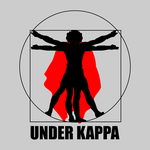 I am the host of the Norwegian podcast Under Kappa.
The podcast is in Norwegian, and we discuss the physics and biology of superheroes.
The podcast is available on all major podcast platforms.
More information can be found on the Under Kappa website.
I am the host of the Norwegian podcast Under Kappa.
The podcast is in Norwegian, and we discuss the physics and biology of superheroes.
The podcast is available on all major podcast platforms.
More information can be found on the Under Kappa website.
Real læring
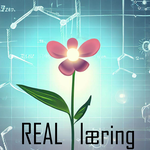 Real læring is a Norwegian podcast I am producing about STEM learning in higher education, produced at the university of Oslo.
The podcast is available on all major podcast platforms.
See the Real læring website for more information.
Real læring is a Norwegian podcast I am producing about STEM learning in higher education, produced at the university of Oslo.
The podcast is available on all major podcast platforms.
See the Real læring website for more information.
Guest appearances
I have been a guest on the following podcasts:
- Jøss‽ - science fun facts with Norwegian physicist and science communicator Andreas Wahl (episodes #54, #59)
- God Fysikk - advanced physics concepts (episode aired 19.06.23)
- PhD-podden - PhD life in Norway (episode aired 06.09.22)
- Abelegøyer - riddles from mathematics (episode #42)
Radio
Abels tårn
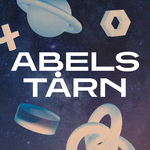 I am a regular guest on the Norwegian radio show Abels tårn.
The show is about science questions answered by experts.
I have guested several episodes (episodes
08.04.22,
10.06.22,
05.08.22,
12.08.22,
10.02.23,
10.02.23,
07.04.23
08.04.23,
18.08.23,
22.12.23,
30.03.24
)
I am a regular guest on the Norwegian radio show Abels tårn.
The show is about science questions answered by experts.
I have guested several episodes (episodes
08.04.22,
10.06.22,
05.08.22,
12.08.22,
10.02.23,
10.02.23,
07.04.23
08.04.23,
18.08.23,
22.12.23,
30.03.24
)
Studio 2
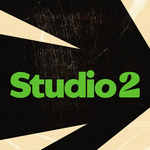 Studio 2 is a Norwegian radio show on NRK P2 focusing on culture and science.
I have guested the show several times to talk about the science of particular super heroes (episodes aired
15.06.23,
18.12.23,
27.03.24)
Studio 2 is a Norwegian radio show on NRK P2 focusing on culture and science.
I have guested the show several times to talk about the science of particular super heroes (episodes aired
15.06.23,
18.12.23,
27.03.24)
Video
TV2 physics expert
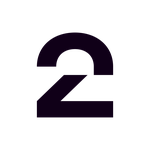 I have on a couple of occassions acted as a physics expert for TV2 (videos aired
January 2024,
April 2024).
I have on a couple of occassions acted as a physics expert for TV2 (videos aired
January 2024,
April 2024).
Youtube
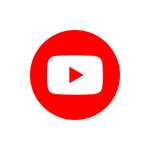 I have appeared in different videos on YouTube, such in the UiO science’s library series “Science in the library”, where I demonstrated 8 ways to breakt things, as well as my own videos on mathematics and physics, and Chess.
I have appeared in different videos on YouTube, such in the UiO science’s library series “Science in the library”, where I demonstrated 8 ways to breakt things, as well as my own videos on mathematics and physics, and Chess.
